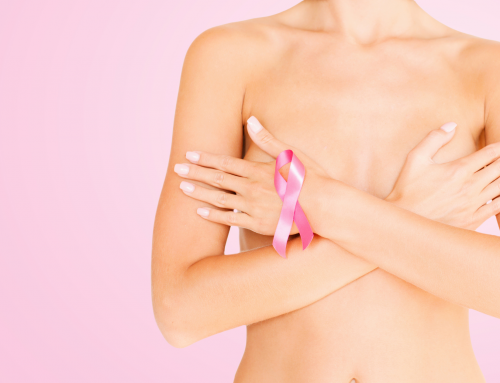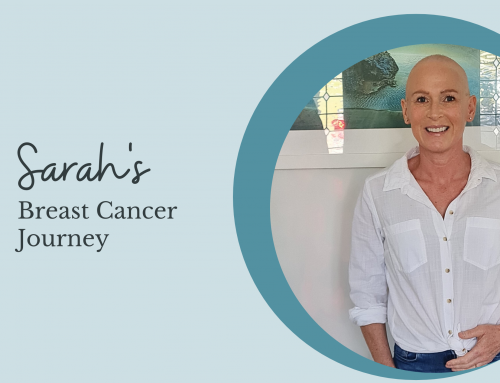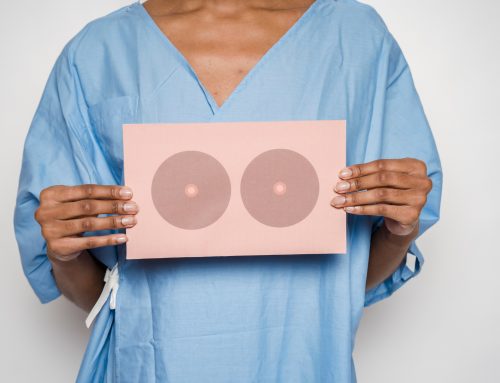Undergoing chemotherapy treatment can be a challenging but crucial part of cancer care. It will affect the patient both physically and emotionally.
Chemotherapy is designed to target and kill rapidly dividing cancer cells, but it can also affect some healthy cells, leading to physical side effects discussed further in this article.
These side effects can vary in severity depending on the specific chemotherapy drugs used and the individual’s overall health. Emotionally, chemotherapy can be draining, with feelings of anxiety, fear, and uncertainty being common. Support from healthcare professionals, friends, and family, as well as a strong self-care routine, can help patients cope with the physical and emotional challenges of chemotherapy treatment and work towards better health and recovery.
Preparing for Chemotherapy Treatment
- Check that the infusion clinic/unit you are attending is operated by highly experienced nursing and medical staff and that they undertake ongoing education to ensure they are up to date with current techniques.
- Ensure that the equipment used fully complies with Australian and international standards and is certified against ISO 9001:2015 Quality Management Systems and against the National Safety Quality Health Service Standards.
- Check with the nursing staff if you are required to do anything specific before coming in for treatment such as taking any medications.
- Eat and drink as normal prior to your visit.
- Some clinics will offer you light refreshments during your treatment such as tea, coffee, biscuits, and sandwiches. If you have any special dietary requirements, you may like to bring your own light refreshments in a sealed container.
- Wear casual, loose-fitting clothing but be aware it can feel a little cool during treatment so you may like to bring an extra jacket.
- Firm footwear is recommended to avoid falls or slipping.
- The initial appointment may involve a large amount of information at once, so we suggest bringing a journal to record important details.
- Bring a support person if possible as this can assist with retaining information and also to take you home after your initial treatment.
If appropriate, please also bring the following along to your appointment:
- A list of your current medications
- Health Insurance Membership Details
- Medicare/Pension/Veteran’s Affairs Card
- Eftpos/credit card/cash if required
What to Expect On Your First Visit?
A nurse will guide you through your first treatment. At your initial appointment, in conjunction with the pharmacists, they will provide you with written and verbal information about the treatment you will receive and will be readily available to discuss any questions you have.
There are no special requirements prior to treatment, however, certain treatments require premedications at home and your Doctor and pharmacist will inform you if that is the case.
Note that patients and their families are encouraged not to bring any valuables to the unit and to keep handbags, laptops or other items at chair-side during treatment.
Chemotherapy Treatment Time
Treatment duration varies depending on the medication prescribed but on average the treatment time is approximately 2 hours. You will receive more information regarding your particular treatment by your doctor or nurse prior to your first appointment.
Chemotherapy Side Effects
Side effects may include fatigue, nausea, vomiting, hair loss, and changes in blood counts.
Many patients rank hair loss as one of the most distressing and common side effects of chemotherapy treatment. Scalp cooling has only recently been introduced in Australia and can be used to combat chemotherapy-induced hair loss. It works by reducing the temperature of the scalp immediately before, during and after the administration of chemotherapy. This in turn reduces the blood flow to the hair follicles and decreases metabolic uptake by hair follicle cells, in turn minimising hair loss.
Not every clinic offers this treatment, so be sure to check in advance if this is available to you. Tasman Health Care is pleased to be able to provide patients with access to a Paxman Scalp Cooling System at no extra cost. Paxman is globally recognised as the leading product for hair loss during chemotherapy treatment. Please contact our clinic for further information.
Please note: Not all chemotherapy causes hair loss. Your doctor will inform you if this is one of the side effects of your treatment and if the cold cap is an option for you.
Discharge
After receiving treatment in the clinic, you may need to take medication at home as part of your specific treatment program. Please make sure that you understand what is required, and that you have the necessary medication or prescriptions. A pharmacist will discuss with you any queries you may have. If you have any problems and are unable to take the tablets or suffer any adverse effects from them, please contact your Oncologist as soon as possible.
You may be required to have regular blood tests to monitor your progress. Please make sure you understand when these are to be undertaken and that you have the appropriate request forms.
Your treating doctor should communicate directly with your local doctor/GP on a regular basis regarding your medical management and ongoing treatment.
Please be advised that this advice is of a general nature only and you should always consult your Doctor for information regarding your own individual treatment.
To make an appointment with one of our Doctors, Genetic Counsellors or team of Allied Health Specialists please contact us (07) 5613 2480 or reception@tasmanhealthcare.com.au.






